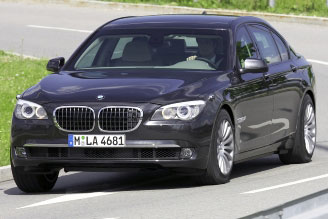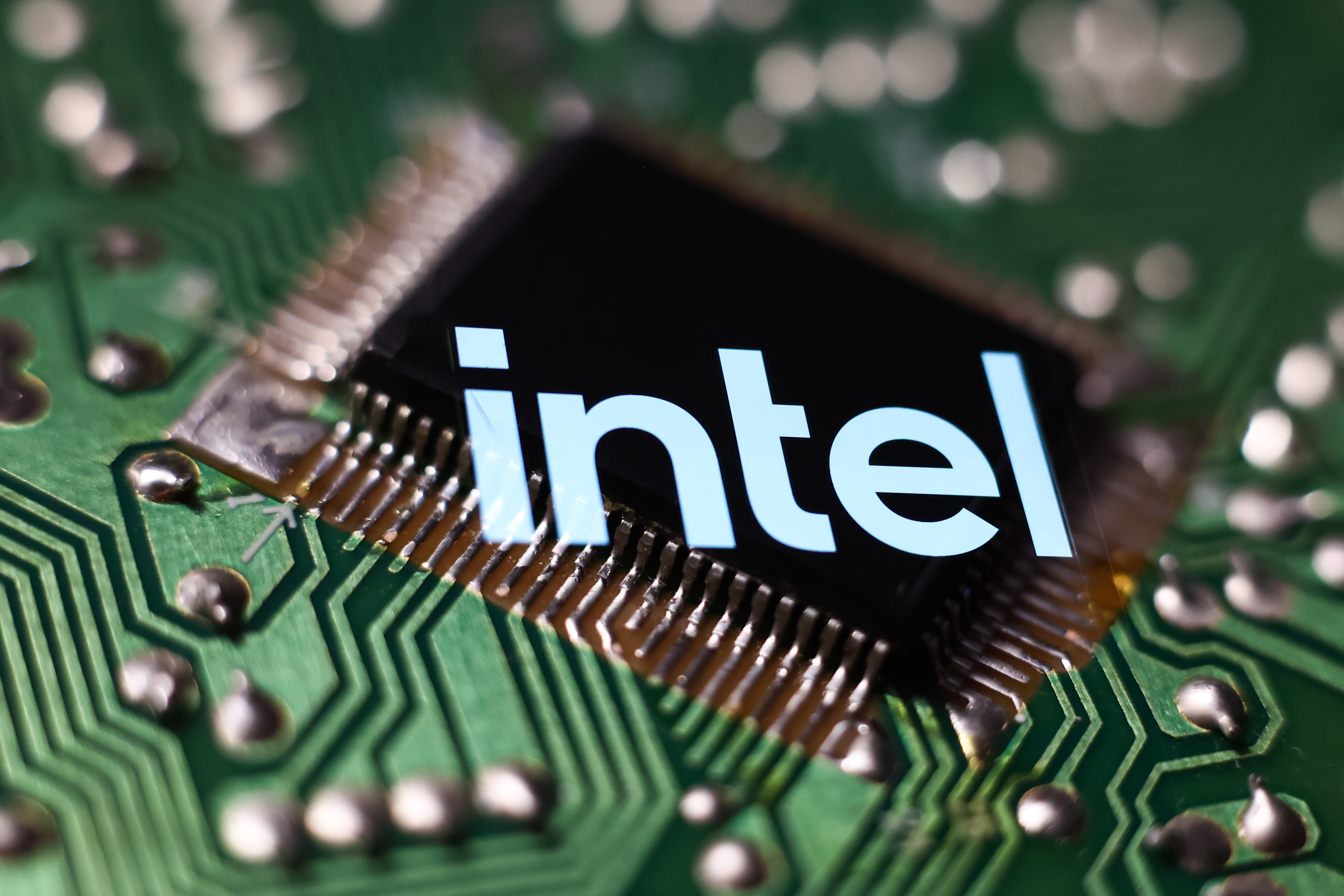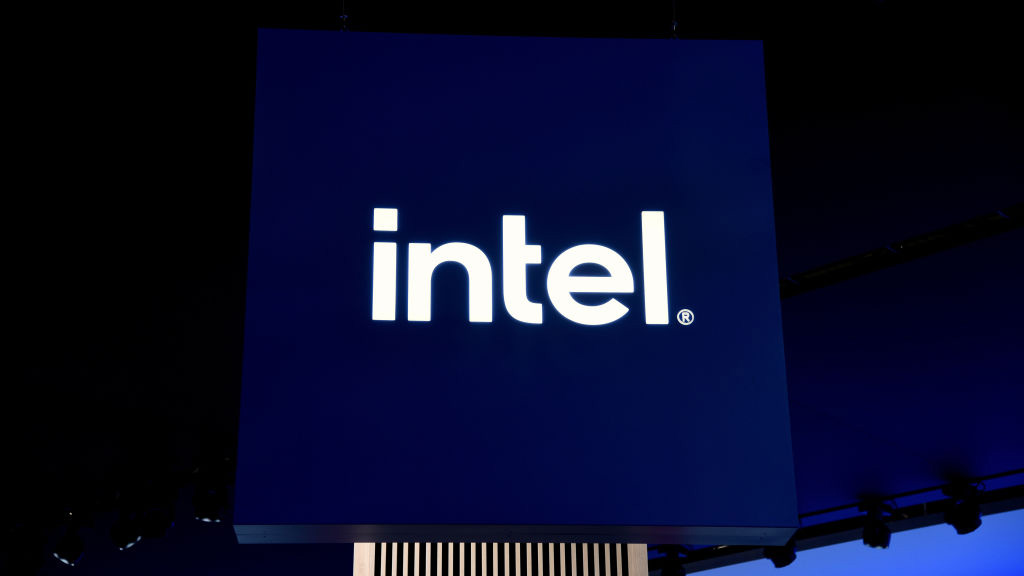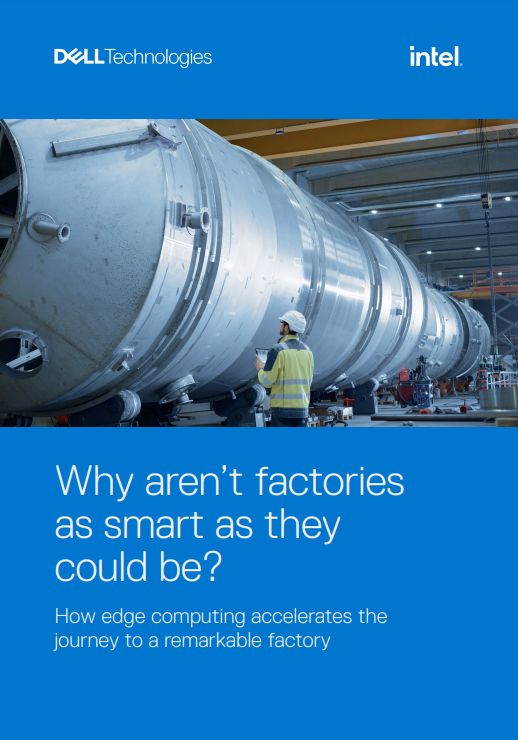BMW reduces costs with Intel's Nehalem
BMW looks to the latest Intel Nehalem chips to get the most IT for its business.


The latest Nehalem products from Intel are helping BMW reduce its testing costs and business overheads.
Speaking at the CERN lab in Geneva, BMW's IT group manager Axel-Knut Bethkenhagen explained how servers using the new Nehalem EP and EX the latter is still to be released has helped the car maker cut costs.
Bethkenhagen explained his chief information officer's mantra is to "run IT as a business" to get more cars produced, more quickly, at less costs.
The firm has 6,000 servers around the world, and runs Linux and Windows systems, as well as virtualised ones using ESX and XEN.
High performance testing
While its existing systems are certainly robust, BMW has been moving to more virtual modeling and parallel car projects, and therefore needs more computing performance.
"First of all, parallel car projects increased during last five years tremendously," he said, adding the firm's been using "more and more virtualisation, in terms of crashing cars and in terms of virtual reality."
Get the ITPro daily newsletter
Sign up today and you will receive a free copy of our Future Focus 2025 report - the leading guidance on AI, cybersecurity and other IT challenges as per 700+ senior executives
As well, legislation is putting the squeeze on how the company operates. "We have regulations which are very important in some markets," he said.
On top of these challenges is the increasing data coming from testing the cars themselves. BMW's tests used to create 1kb of data per rev of a car now they create 10kb. It might not sound like a lot, but it adds up.
He said using the Nehalem EP from April this year has saved the firm costs, as the multithreading technology lets it cut the number of servers it uses, while still boosting performance.
"It's a tremendous price/performance optmisation," he said, noting it's benchmarks showed two Nehalem servers running eight threads had 30 per cent more performance than eight of BMW's previous Woodcrest servers.
That also helped cut licensing costs no small thing for the company. "Licensing cost is by factor higher than machine cost," he explained.
"The price of machine compared to licensing is neglectable," he added.
Saving with virtualisation
BMW is also set to switch 1,000 servers to the yet to be released Nehalem EX. For the refresh of two- and four-socket Xeon platform servers, the firm compared EX servers to other suppliers.
"From that, what we got is a smaller energy footprint of four socket with Nehalem than with the existing platform," he said.
He added the EX lets BMW double its virtualisation ratio, from 10 to 15 virtual machines per server to 20 to 30.
"We think we will order bigger servers in future years as virtualisation is key for our data centre as we have the same power problems," as faced by many, he said, adding that virtualiation and other efficiencies with Nehalem EX cuts consumption by a third saving 100,000 euros a year on power use alone.
Freelance journalist Nicole Kobie first started writing for ITPro in 2007, with bylines in New Scientist, Wired, PC Pro and many more.
Nicole the author of a book about the history of technology, The Long History of the Future.
-
 Should AI PCs be part of your next hardware refresh?
Should AI PCs be part of your next hardware refresh?AI PCs are fast becoming a business staple and a surefire way to future-proof your business
By Bobby Hellard Published
-
 Westcon-Comstor and Vectra AI launch brace of new channel initiatives
Westcon-Comstor and Vectra AI launch brace of new channel initiativesNews Westcon-Comstor and Vectra AI have announced the launch of two new channel growth initiatives focused on the managed security service provider (MSSP) space and AWS Marketplace.
By Daniel Todd Published
-
 Gaining timely insights with AI inferencing at the edge
Gaining timely insights with AI inferencing at the edgeWhitepaper Business differentiation in an AI-everywhere era
By ITPro Published
-
 Scaling AI from pilot to production: Maximize AI impact with HPE & Intel
Scaling AI from pilot to production: Maximize AI impact with HPE & IntelWhitepaper Transform AI proof-of-concepts into full-scale implementations
By ITPro Published
-
 UK supercomputer boom as HPE and Dell receive funding for new AI cluster
UK supercomputer boom as HPE and Dell receive funding for new AI clusterNews The UK’s AI computing capabilities will increase by an order of magnitude in 2024
By Rory Bathgate Published
-
 AI gold rush continues as Hugging Face snags $235 million from IBM
AI gold rush continues as Hugging Face snags $235 million from IBMNews The investment round, which brings the company's valuation to $4.5 billion, also includes Amazon, Google, Intel, and Salesforce
By Richard Speed Published
-
 Why is ASUS reviving Intel’s NUC mini-PC line?
Why is ASUS reviving Intel’s NUC mini-PC line?News The diminutive PC is to rise again while analysts look for the business case
By Richard Speed Published
-
 Intel targets AI hardware dominance by 2025
Intel targets AI hardware dominance by 2025News The chip giant's diverse range of CPUs, GPUs, and AI accelerators complement its commitment to an open AI ecosystem
By Rory Bathgate Published
-
 Why aren’t factories as smart as they could be?
Why aren’t factories as smart as they could be?Whitepaper How edge computing accelerates the journey to a remarkable factory
By ITPro Published
-
 Who needs Intel vPro®, An Intel® Evo™ Design, anyway?
Who needs Intel vPro®, An Intel® Evo™ Design, anyway?Sponsored With flexible work on the up, the demand for high performance on-the-go business laptops has never been greater
By ITPro Last updated